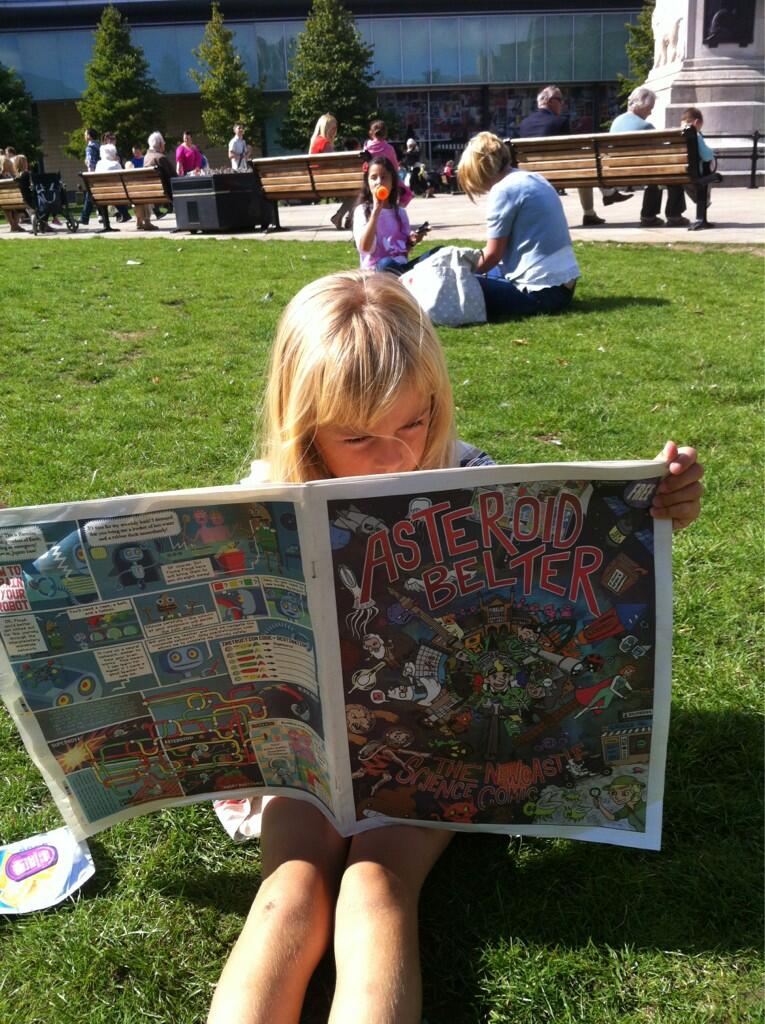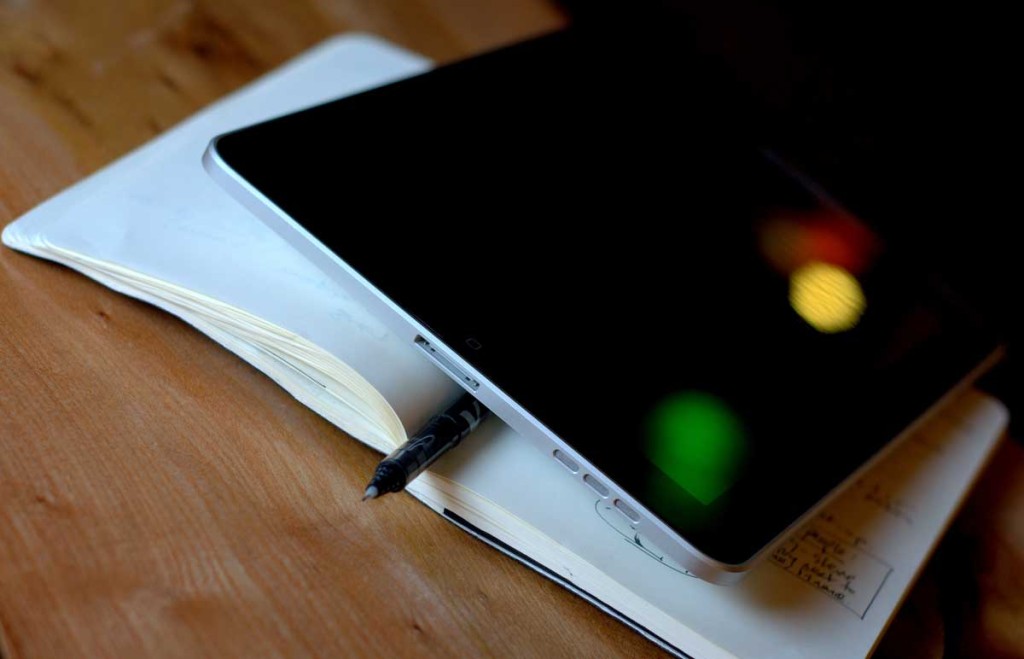Across the globe, millions of us now read comics, newspapers, catch up on the latest bestselling novels, or research work or school assignments on digital devices. Reading onscreen has many virtues. It can be convenient, save money, and enable people around the globe to access vast amounts of information.
But the benefits of eReading on a computer, eReader, tablet or mobile phone are matched with undeniable drawbacks. Users are easily distracted by other temptations on their devices (text messaging, social media, or gaming apps), multitasking is rampant, and screens coax us to skim rather than read in-depth.
In Words Onscreen: The Fate of Reading in a Digital World, Professor Naomi S. Baron, Professor of Linguistics and Executive Director of the Center for Teaching, Research & Learning at American University in Washington, DC, takes a hard look at the pros and cons of reading on screens and on paper. How are new technologies changing the nature of what it means to read?
People have been reading on computer screens for several decades now, predating popularization of personal computers and widespread use of the internet. But it was the rise of eReaders and tablets that caused digital reading to explode. In 2007, Amazon introduced its first Kindle. Three years later, Apple debuted the iPad. Meanwhile, as mobile phone technology improved and smartphones proliferated, the phone became another vital reading platform.
Professor Naomi S. Baron is interested in electronically-mediated communication, writing and technology, the history of English, and higher education. A former Guggenheim Fellow and Fulbright Fellow, she has published seven books. Always On: Language in an Online and Mobile World won the English-Speaking Union’s Duke of Edinburgh English Language Book Award for 2008.
Sketching out the modern evolution of reading, Baron argues the virtues of eReading are matched with drawbacks. Users are easily distracted by other temptations on their devices, multitasking is rampant, and screens coax us to skim rather than read in-depth. What is more, if the way we read is changing, so is the way we write. In response to changing reading habits, many authors and publishers are producing shorter works and ones that don’t require reflection or close reading.
What is more, reading has become increasingly social. Experts worry that digital technologies discourage deep, individual, reflective reading.
In her tour through the new world of eReading, Baron weights the value of reading physical print versus online text, including the question of what long-standing benefits of reading might be lost if we go overwhelmingly digital. She also probes how the internet is shifting reading from being a solitary experience to a social one, and the reasons why eReading has taken off in some countries, especially the United States and United Kingdom, but not others, like France and Japan.
Reaching past the hype on both sides of the discussion, Baron draws upon her own cross-cultural studies to offer a clear-eyed and balanced analysis of the ways technology is affecting the ways we read today — and what the future might bring.

Last year’s British Science Festival prouduced 10,000 copies of Asteroid Belter, a comic newspaper promoting science that proved hugely popular in its print form. Photo: Newcastle Science Comic
To gauge the pulse of the millennial generation’s reading habits and preferences, Baron surveyed university students in the US, Japan, and Germany.
“Lately, I’ve been asking university students what they did the last time they were bored,” she wrote for the Huffington Post last month. “While a few responded by seeking face-to-face contact (“hung out with a friend”) or doing something physical (“went for a run”, “slept”), the vast majority resorted to digital technology: “watched Netflix”, “Facebook” or “Internet.”
Only one or two mentioned reading. What’s worse, I am also seeing the words “reading” and “boredom” paired in a troubling way.”
“More than 92 per cent of those I surveyed said they concentrate best when reading a hard copy,” she also noted in a column syndicated by the Washington Post, her research backed up by nine recent surveys suggesting print is still king when it comes to reading preference. “The explanation is hardly rocket science. When a digital device has an Internet connection, it’s hard to resist the temptation to jump ship: I’ll just respond to that text I heard come in, check the headlines, order those boots that are on sale.”
Despite such potential distractions, Naomi, who argues that “persistent reading” be it a novel, a biography, SF, or a romance requires nurturing and less distractions from a social media “ping”, says her data shows that young adults are actually surprisingly fond of print – for its look and feel, its ease of use, and its overwhelming advantages for mental concentration.
“Those with ironclad discipline can read, think, and analyze regardless of the reading medium,” she notes in another column for the Huffington Post. “For the rest of us mortals — like over 90 percent of the college students I surveyed — concentration and digital screens don’t generally mix. If as parents and teachers we are serious about developing critical thinking in our progeny and students, we need to ask ourselves whether those handy digital devices are helps or hindrances.
• Words Onscreen: The Fate of Reading in a Digital World by Professor Naomi S. Baron ISBN 9780199315765 is published in Hardback by the Oxford University Press on 26t March 2015
The founder of downthetubes, which he established in 1998. John works as a comics and magazine editor, writer, and on promotional work for the Lakes International Comic Art Festival. He is currently editor of Star Trek Explorer, published by Titan – his third tour of duty on the title originally titled Star Trek Magazine.
Working in British comics publishing since the 1980s, his credits include editor of titles such as Doctor Who Magazine, Babylon 5 Magazine, and more. He also edited the comics anthology STRIP Magazine and edited several audio comics for ROK Comics. He has also edited several comic collections, including volumes of “Charley’s War” and “Dan Dare”.
He’s the writer of “Pilgrim: Secrets and Lies” for B7 Comics; “Crucible”, a creator-owned project with 2000AD artist Smuzz; and “Death Duty” and “Skow Dogs” with Dave Hailwood.
Categories: Books, Comics Education News, Digital Comics, Other Worlds
